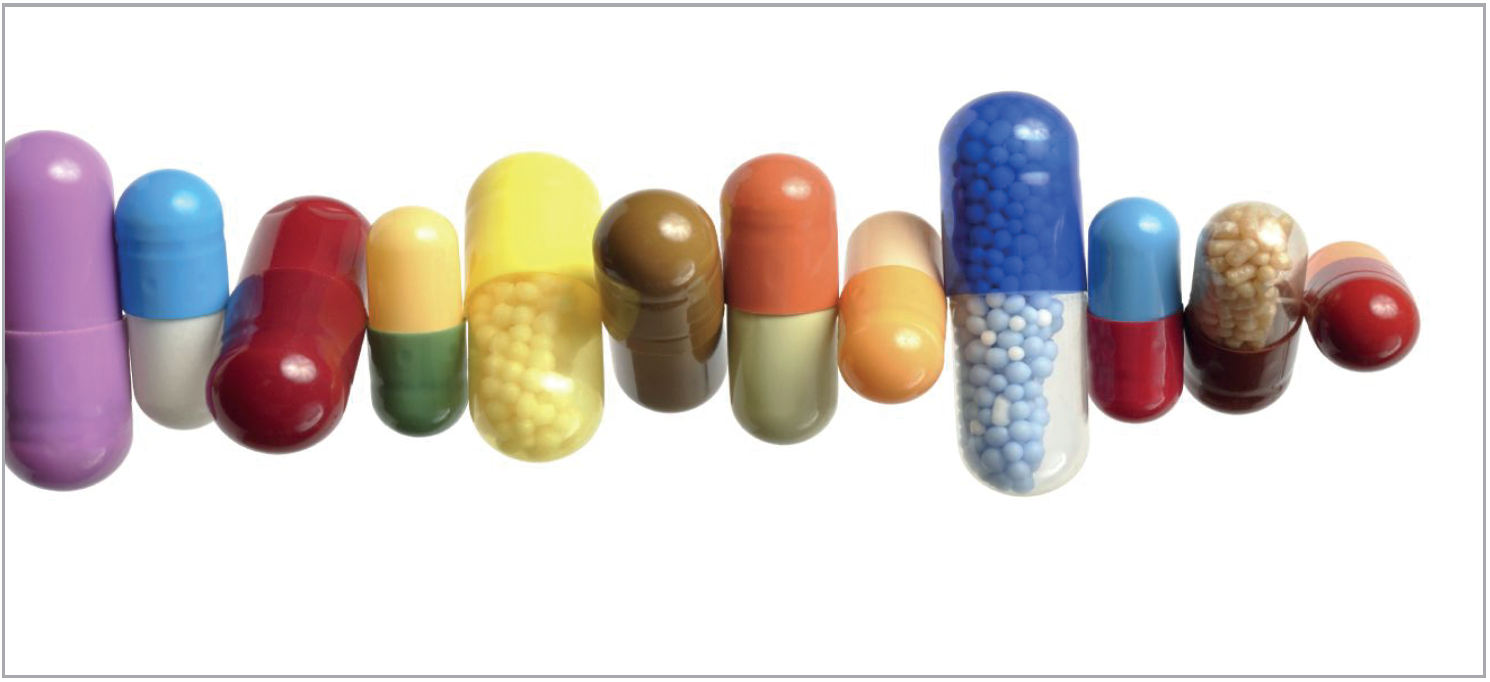
Are you getting what you think you are getting from your supplier?
When you work with a Contract Manufacturer, or even a Brand Marketer, your brand and reputation lies with the products that you sell or distribute. It is a common perception that US products are superior to those manufactured in other potential source countries, but does the reality match the hype? Recent studies by the US Consumer web site, ConsumerLab.com, suggests that there is a mismatch between the perception and the reality.
ConsumerLab purchases products on the open market and then tests them in their laboratory, and then publishes its findings, and its test methods and compliance to a range of parameters. The table below shows some of the results that they have observed for a number of key product categories and the results, to any ethical brand marketer, should be quite disturbing. If this is what is on the shelf in US stores, where scrutiny can be expected to be relatively high, one must ask does the same situation occur in export markets, where such scrutiny may be less vigorously enforced?
Couple this with the claims that are made for the products, and the need for scrutiny of your manufacturer is only reinforced.
When you buy from an Australian manufacturer, you are assured that the product that you receive will be True to Label and that its claims can be supported by solid, scientific evidence and that the dosages used are at a therapeutic level.

Is the product going to do what the consumer expects it to do?
In the USA: “Unlike OTC products and prescription medications, for which dosing must be approved by the FDA, dietary supplement companies set their own suggested serving levels, which may or may not correspond to what has been shown to work.”
See more at: http://www.nutraceuticalsworld.com/contents/view_breaking-news/2013-11-19/consumerlabcomevaluatesgarciniacambogiasupplements
In Australia, “Sponsors [Brand Marketers] of products carry the primary responsibility to ensure that indications/claims made about products are true, valid and not misleading…” See Guidelines for levels and kinds of evidence to support indications and claims for Non-Registerable Medicines, including Complementary Medicines, and other Listable Medicines”, Version 1.1, April 2011, Australian TGA.













